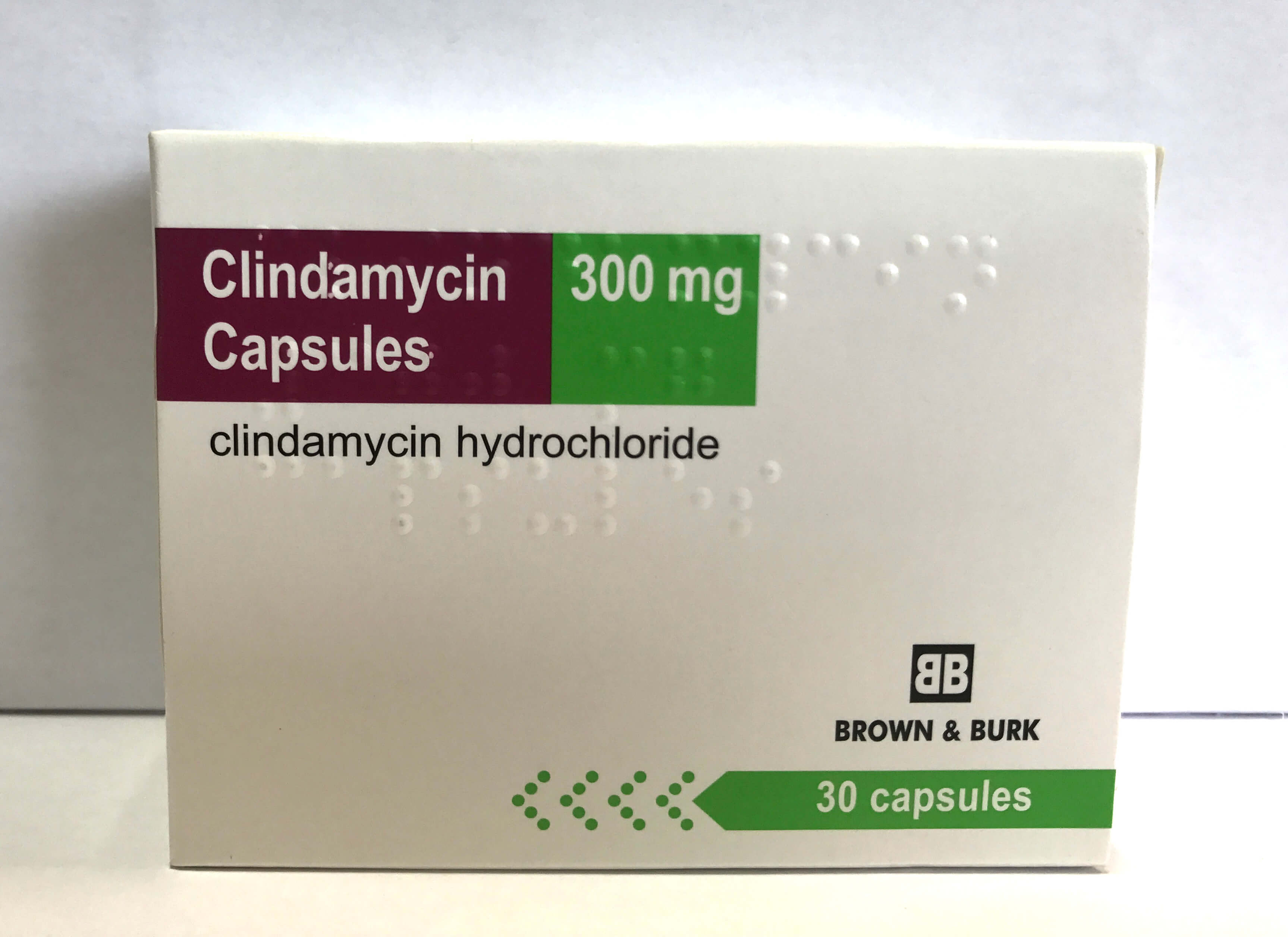One Year Old Development Guide

At one year old, children are at a fascinating stage of development, marked by rapid growth and exploration of their surroundings. This age is crucial for learning and development, as they begin to assert their independence, test boundaries, and develop foundational skills that will last a lifetime. Understanding what to expect and how to support your child during this period can make a significant difference in their development.
Physical Development
Physically, one-year-olds are becoming more agile and coordinated. They start to walk independently, although some might still be a bit unsteady. Playing with balls, pushing and pulling toys, and climbing (with supervision) are common sights. Their fine motor skills are also improving, enabling them to point to objects, grasp small items, and possibly even start drawing simple lines on a piece of paper. Encouraging physical activity through play is essential for strengthening muscles and improving coordination.
Cognitive Development
Cognitively, one-year-olds are curious and love to explore their environment. They begin to understand cause-and-effect relationships and can solve simple problems, such as figuring out how to get a toy that’s out of reach. Imitation is a significant aspect of their learning process, so they might mimic actions they see, like clapping, waving, or even simple tasks like putting a block in a bucket. Engaging in interactive games that challenge their problem-solving skills can be incredibly beneficial.
Language and Communication
Language development is also rapid at this stage. Many children start saying their first words around the age of one, with simple vocabulary like “mama,” “dada,” or “no.” They understand more than they can speak, so talking to them regularly and reading books together can significantly enhance their language skills. Responding to their attempts to communicate, even if it’s just babbling, encourages them to continue exploring the world of language.
Emotional and Social Development
Emotionally and socially, one-year-olds are learning about boundaries and relationships. They might exhibit stranger anxiety or become clingy to familiar people, which is a normal part of development. Playing with other children, even if it’s just parallel play at this stage, helps them understand social dynamics. Showing affection and validation helps strengthen your bond with your child and builds their sense of security.
Nutrition and Health
Nutrition plays a crucial role in a one-year-old’s development. At this stage, they can start eating a variety of solid foods, including meats, vegetables, fruits, and whole grains. It’s essential to introduce new foods slowly to monitor for any signs of allergy. Consult with your pediatrician for personalized dietary advice, as recommendations can vary based on your child’s health and developmental pace.
Sleep Patterns
Sleep patterns are also evolving. Typically, a one-year-old needs about 12 to 15 hours of sleep in a 24-hour period, including naps. Establishing a bedtime routine can help signal to your child that it’s time to sleep, making bedtime easier and improving the quality of their sleep.
Safety and Supervision
Given their curiosity and newfound mobility, safety becomes a paramount concern. Ensuring your home is baby-proofed, with secure furniture, covered electrical outlets, and gated stairs, can prevent accidents. Supervision is key, even in safe environments, as one-year-olds can quickly get into trouble.
Parental Tips
- Engage in Play: Interactive play helps foster a strong bond and supports development across all domains.
- Be Patient: Developmental milestones can vary significantly among children. If you have concerns, it’s always best to consult with your pediatrician.
- Encourage Independence: While supervision is crucial, allowing your child to make simple choices (like which toy to play with) can encourage independence and confidence.
- Read Together: Reading exposes your child to a wide range of vocabulary and can help foster a love for learning.
- Stay Informed: Keep up-to-date with the latest in child development to provide the best possible support for your child.
Conclusion
The journey of parenting a one-year-old is filled with milestones, challenges, and immense joy. By understanding the typical developmental stages and taking an active role in supporting your child’s growth, you can Lay the groundwork for a healthy, happy, and well-adjusted individual. Every child is unique, and while guidelines can offer direction, trusting your instincts and seeking professional advice when needed is crucial.
What are the most critical areas of development for a one-year-old?
+The most critical areas include physical development (such as walking and fine motor skills), cognitive development (like problem-solving), language and communication (starting to say first words), and emotional and social development (understanding boundaries and relationships).
How can I support my child’s language development at one year old?
+Talking to your child regularly, reading books together, and responding to their attempts to communicate can significantly support their language development. Even if they’re just babbling, engaging with them encourages further exploration of language.
What safety measures should I take for my one-year-old at home?
+Ensure your home is baby-proofed by securing furniture, covering electrical outlets, gating stairs, and supervising your child at all times. Prevention is key in avoiding accidents and ensuring a safe environment for exploration and play.



